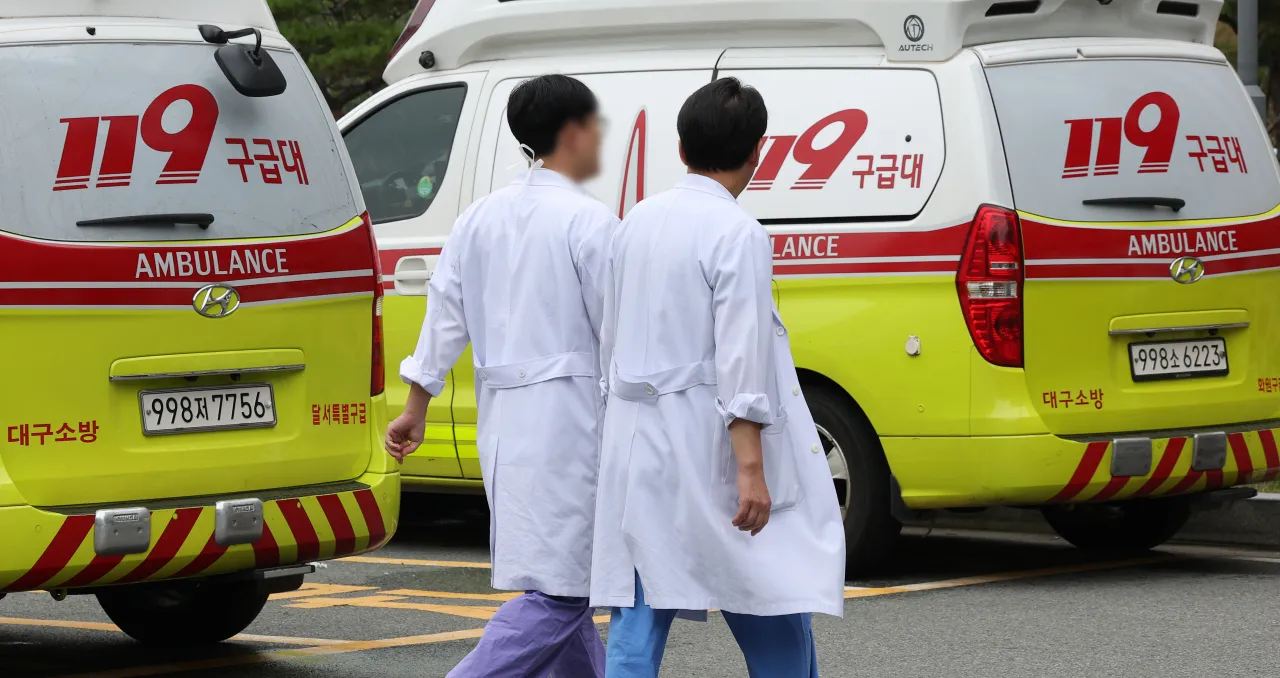Rise in Ambulance Transport Times Linked to Doctor Shortage in South Korea

Increase in Emergency Transport Times
The Korea Herald highlights that the number of emergency patient transports to hospitals taking more than an hour has surged by 22% this year, according to a report from the National Fire Agency. The stark rise can be attributed to a growing doctor shortage in South Korean ERs.
Consequences of Delayed Emergency Care
- Increased mortality risk: Delayed care can significantly increase the risk to patients in critical conditions.
- Patient Backlogs: With fewer doctors available, hospitals are facing unprecedented backlogs in emergency cases.
- Strain on Resources: Emergency services are stretched thin, complicating care delivery.
Need for Solutions
- Increased Funding: The government needs to invest in medical resources.
- Training Programs: Accelerating training for new healthcare professionals can alleviate some burdens.
- Policy Reforms: Introducing attractive policies for retention of existing medical staff is crucial.
As this situation escalates, stakeholders in South Korea news and healthcare must engage in dialogue to formulate viable solutions.
Disclaimer: The information provided on this site is for informational purposes only and is not intended as medical advice. We are not responsible for any actions taken based on the content of this site. Always consult a qualified healthcare provider for medical advice, diagnosis, and treatment. We source our news from reputable sources and provide links to the original articles. We do not endorse or assume responsibility for the accuracy of the information contained in external sources.
This article was prepared using information from open sources in accordance with the principles of Ethical Policy. The editorial team is not responsible for absolute accuracy, as it relies on data from the sources referenced.